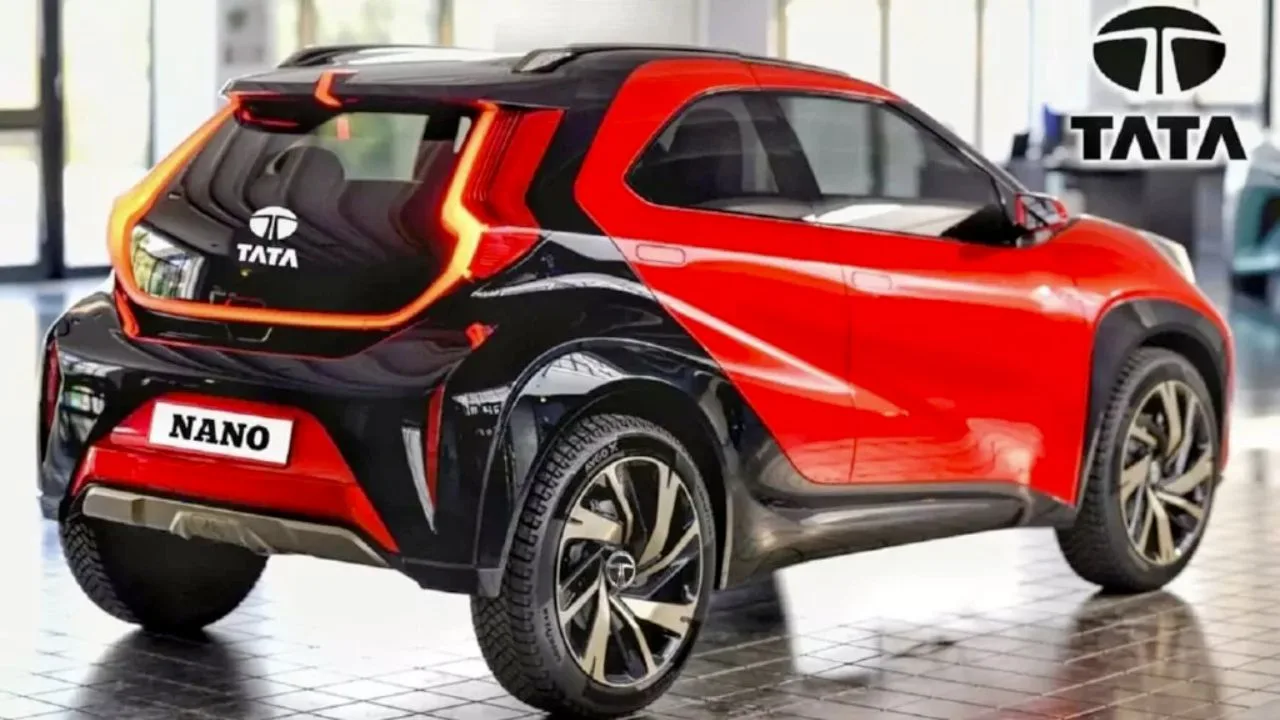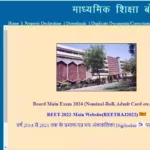The Tata Nano, once the world’s cheapest car, is generating buzz again, but this time with an electric twist. While there is no official confirmation from Tata Motors, rumors and reports suggest a potential revival of the iconic car as the Tata Nano EV. This prospect has sparked excitement, particularly in the Indian market, where affordable electric vehicles are still in their nascent stage.
The Legacy of the Nano:
Launched in 2008, the Nano became a symbol of affordable mobility in India. Its ultra-low price point made it accessible to a large segment of the population who couldn’t afford a traditional car. However, concerns about safety and quality eventually led to a decline in sales. In 2018, production of the petrol-powered Nano was discontinued.
The Electric Nano: What We Know (So Far):
Information about the Nano EV remains largely unconfirmed. However, reports suggest it could be equipped with a 17 kWh battery pack, offering a potential range of 300 kilometers on a single charge. This range would be suitable for daily commutes within city limits.
The electric motor is rumored to be around 40 kW, providing adequate power for city driving and a claimed 0-100 kph acceleration time of 10 seconds. Additionally, the Nano EV might come equipped with basic amenities like air conditioning, power steering, airbags, and an anti-lock braking system.
Potential Benefits:
The Nano EV has the potential to be a game-changer in the Indian electric vehicle market:
Affordability: If priced competitively, the Nano EV could become the most affordable electric car in India, making electric mobility accessible to a wider audience. This could accelerate the adoption of electric vehicles in the country and contribute to reducing air pollution.
Urban Mobility: The compact size and maneuverability of the Nano would be ideal for navigating congested city streets and finding parking in tight spaces. The claimed range of 300 kilometers would be sufficient for daily commutes within most Indian cities.
Environmental Impact: By replacing petrol-powered vehicles, the Nano EV could contribute to reducing greenhouse gas emissions and improving air quality in urban areas.
Challenges and Uncertainties:
Despite the potential benefits, the Nano EV also faces some challenges:
Competition: The Indian electric vehicle market is becoming increasingly competitive with established players and new entrants offering a range of electric cars at various price points.
Infrastructure: The lack of widespread charging infrastructure in India remains a major hurdle for electric vehicle adoption.
Official Confirmation: As of now, there is no official confirmation from Tata Motors about the Nano EV’s existence or launch date. This creates uncertainty for potential buyers and investors.
Conclusion:
The potential arrival of the Tata Nano EV is certainly exciting, especially considering its potential to make electric mobility more accessible in India. However, several challenges need to be addressed to ensure its success. Whether the Nano EV will live up to its hype and revive the legacy of its predecessor remains to be seen. Only time, and an official announcement from Tata Motors, will tell.



